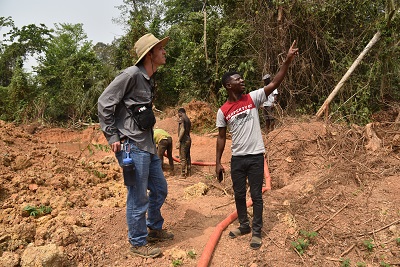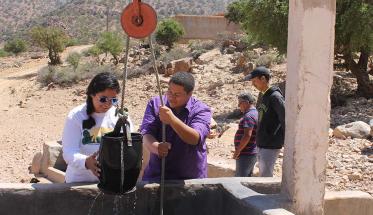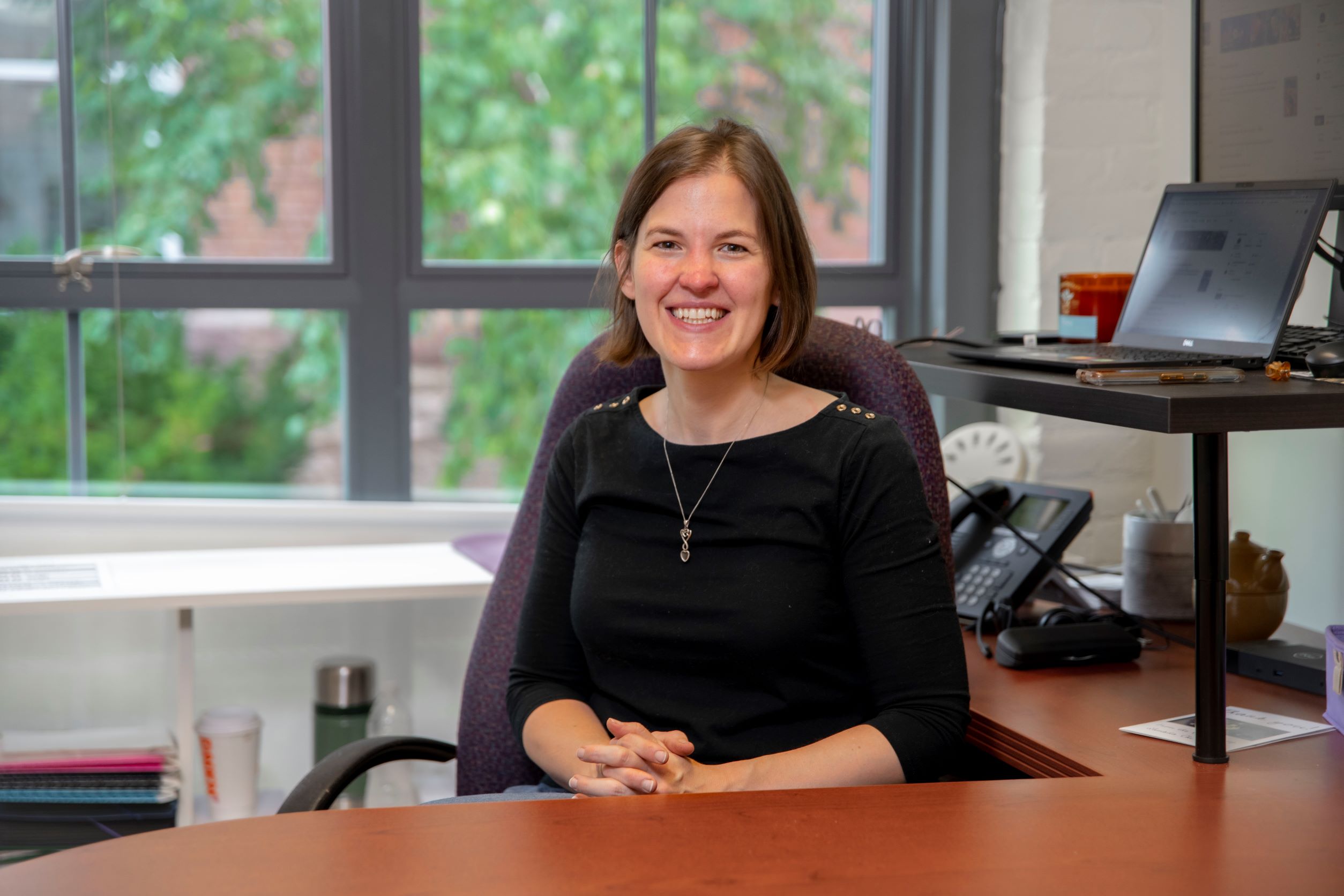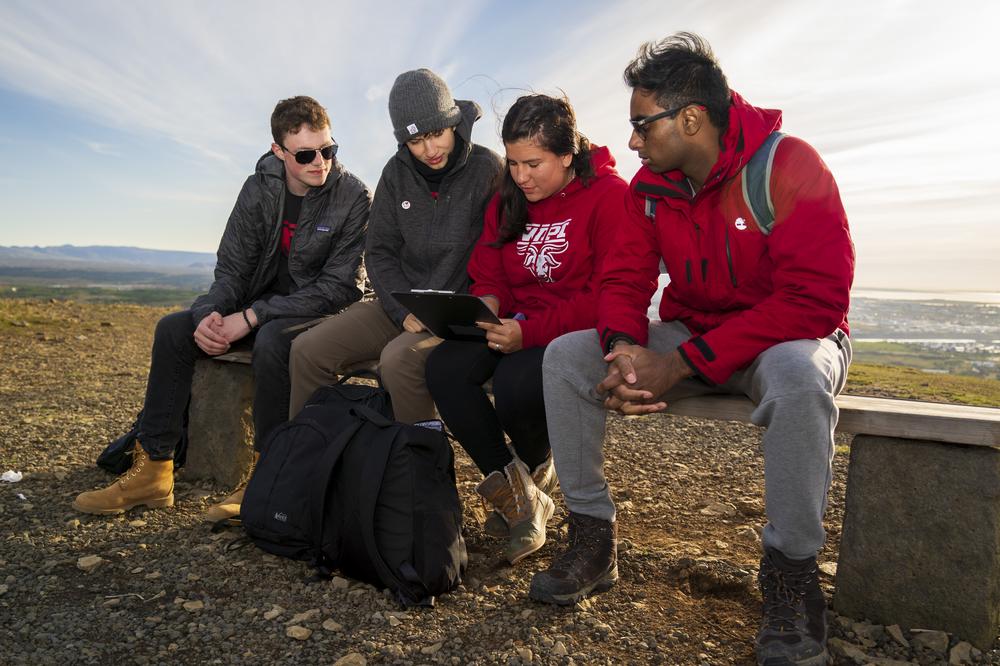Worcester Polytechnic Institute (WPI) today announced the creation of The Global School, and that the university is launching its search for the inaugural dean. The Global School builds upon the university’s longstanding efforts to prepare students who are focused on science, engineering, and technology to have a significant impact on the major social, technological, ecological, and economic challenges facing people around the world. The WPI faculty voted in May 2019 to create The Global School, which will launch later in 2020.
“The National Academy of Engineering’s Grand Challenges, the National Science Foundation’s 10 Big Ideas, and the United Nations’ Sustainable Development Goals make it clear that there is a pressing need for well-rounded STEM professionals to co-create successful solutions to great problems around the globe,” said WPI President Laurie Leshin. “In fact, achieving these goals can only be accomplished by STEM-focused leaders and innovators who know how to work with local communities, organizations, and governments to co-create contextualized, successful, and sustainable solutions. Such important work requires STEM professionals who can navigate through—and engage with—the complexity and diversity inherent to the looming environmental crisis, climate change, global military conflicts, poverty and income inequality, and battles of racism, sexism, and human rights. With this new school, WPI aims to provide the kind of leadership that will improve the quality of life of people around the world.”

Founded in 1865, WPI has been the pioneer and leader in project-based education since 1970 when, building upon its core philosophy of balancing theory and practice in education, the university adopted a revolutionary new undergraduate program known as the WPI Plan. The new approach replaced the traditional, rigidly prescribed engineering curriculum with a flexible and academically challenging program aimed at helping students learn how to learn by synthesizing classroom learning with high-impact, off-campus projects that solve real-world problems. In 1974, WPI launched a global component to its project-based curriculum and now sends approximately 80 percent of its students to more than 50 project centers around the world. At these centers, students work in teams to focus on issues such as energy, food, health, and urban sustainability. They gain hands-on experience in tackling real-world problems, develop an understanding of other cultures, and see how their lives and work can make a real impact.
Over the past 45 years, students, faculty members, and global partners have been collaborating to develop culturally appropriate solutions to local problems—most notably through faculty research and student project work. Over this same time span, WPI has fostered excellence in STEM education that links broader concerns of global development and humanitarian engineering, and community/global development and international and global studies. The Global School builds upon the university’s expertise and partnerships in global project-based learning, and it will also leverage WPI expertise in the STEM disciplines, as faculty and students focus on defining problems and designing solutions to those problems in collaboration with partners—both local and global.





